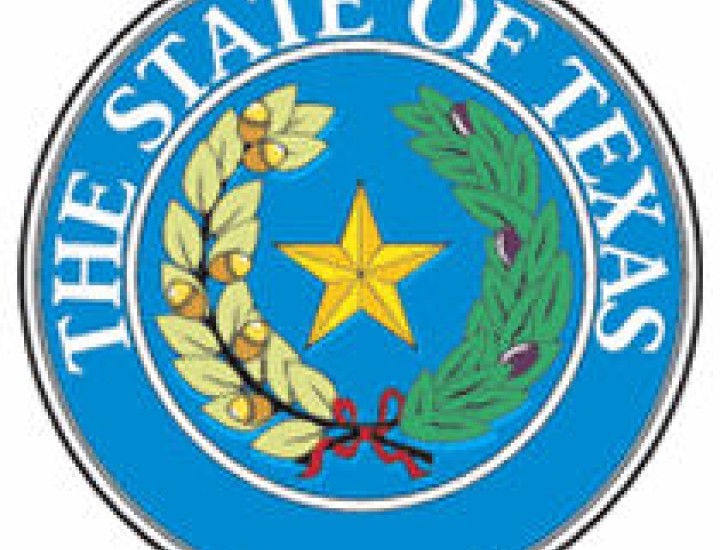A Bill to Allow Criminal Courts Access to HIV Test Results Fails In Texas
A bill to allow access to HIV test results for any criminal proceeding in Texas courts died in that state’s House of Representatives on May 26. SB 779 had passed in the Senate earlier in the month despite testimony against it, but it had not moved through the House Criminal Jurisprudence Committee. On May 20, with the end of the legislative session looming, the House voted to suspend the rules and placed the bill on the General State Calendar just before the Saturday deadline. The final hurdle was to bring the bill to the floor of the House for a second reading before midnight the following Tuesday. That deadline was missed and now opponents of the bill say it has been eliminated from consideration for the legislative session that officially ends on June 1.
SB 799 would have amended the state Health and Safety Code to allow HIV test results, which are currently confidential, to be subpoenaed during grand jury proceedings. Any entity that was subpoenaed and released information could not be held liable, and the court would issue a protective order to limit further release or disclosure of the test results.
Opponents of the bill said it was unnecessary since Texas law already allows law enforcement and public health officials to test individuals for HIV when appropriate through a process that has confidentiality provisions. They also said SB 779 would undermine privacy rights, increase the stigma of HIV, discourage voluntary testing and treatment, increase bias against HIV positive criminal defendants and could result in sentence enhancements based on health status.
SB 779 was actively opposed by HIV advocates including the Center for HIV Law and Policy and the Positive Justice Project, which encouraged Texas residents to write or call their state legislators and ask them to vote against the bill.
